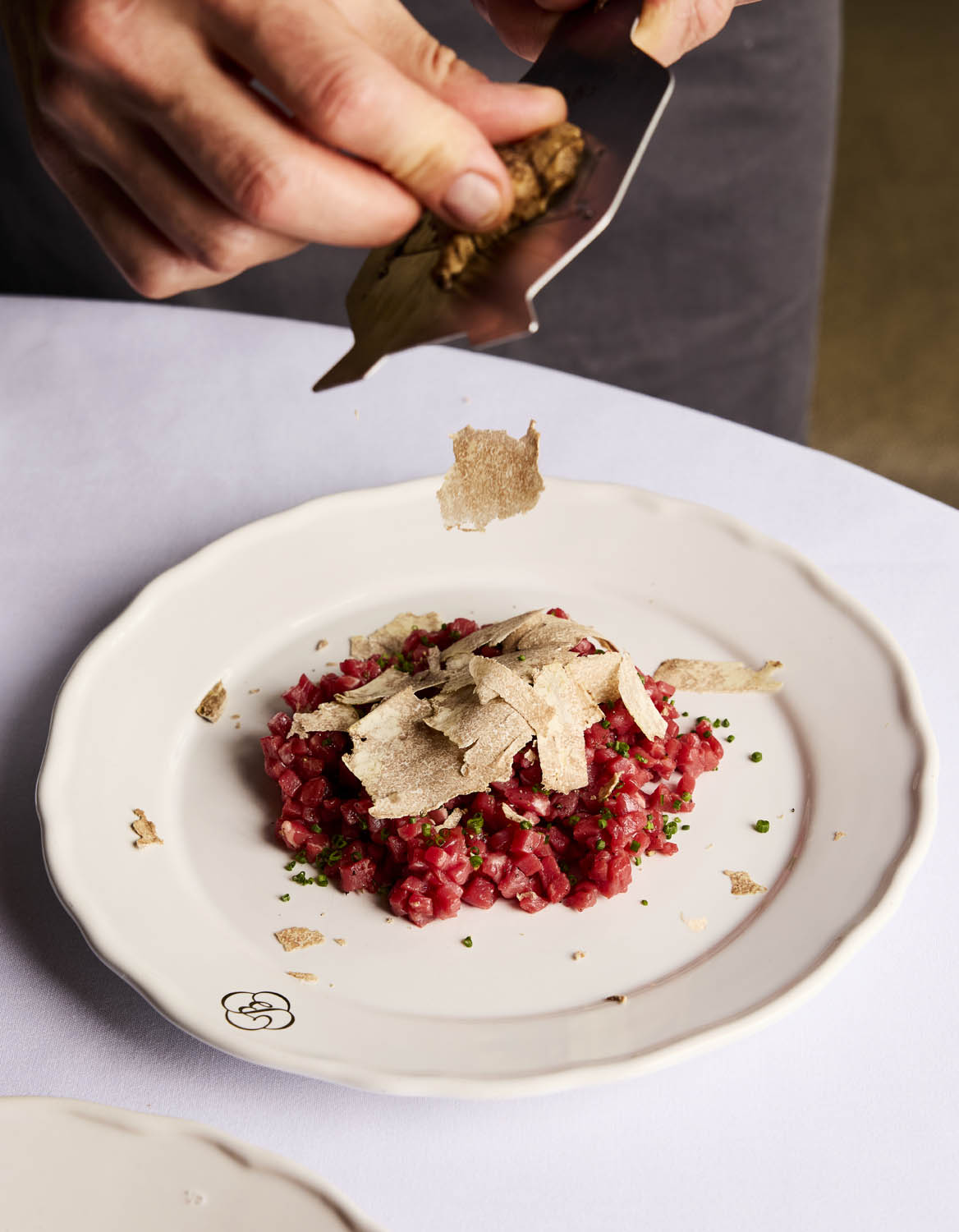Elephant Gin launches 15% lighter bottle
Elephant Gin has taken steps towards a net zero carbon emissions target with the unveiling of a lighter eco bottle, reducing the brand’s carbon footprint by 60 tons per year.

The brand has been working with a glass manufacturer to produce its bottles with sustainability in mind. Dispensing with plastic, the bottle weight has been reduced by 15% and uses 65% recycled glass.
Reducing the weight of the bottle has reduced Elephant Gin’s CO2 footprint by 60 tons per year.
Tessa Gerlach, co-founder of Elephant Gin, said: “Climate neutrality can only be achieved by taking a common path, from the glass manufacturer to the beverage producer and right through to the consumer. Being sustainable is a shared responsibility. This is the key to reducing emissions and thus preventing global warming.”
Bottles continue to be hand-filled at Elephant Gin’s distillery, and the design has not been compromised. Bottles remain embossed with a coat of arms and adorned with handwritten labels and maps of Africa.
Elephant Gin Founders, Tessa and Robin Gerlach, were inspired to create their range of premium gins following trips to Africa.
Partner Content
To date, Elephant Gin have raised over €1 million for African elephant conservation.
Co-founder Robin Gerlach described the lighter bottles as “another milestone towards B-Corp certification”, highlighting the brand’s long-term goals.
The bottles, which will be implemented across Elephant Gin’s range from March 2022, weigh 80g less than their predecessors, at just 500g each. The portion of recycled glass used to make them has increased from 15-25% to 60-70%.
In other news, reusable straws are going to see an 11% surge in demand between now and 2031 due to raised environmental awareness among consumers.
According to a new research report by Future Market Insights, the change is down to plastic having been synonymous with pollution and an increase in companies looking at revising their sustainability initiatives. Read more on that here.
Related news
Strong peak trading to boost Naked Wines' year profitability




